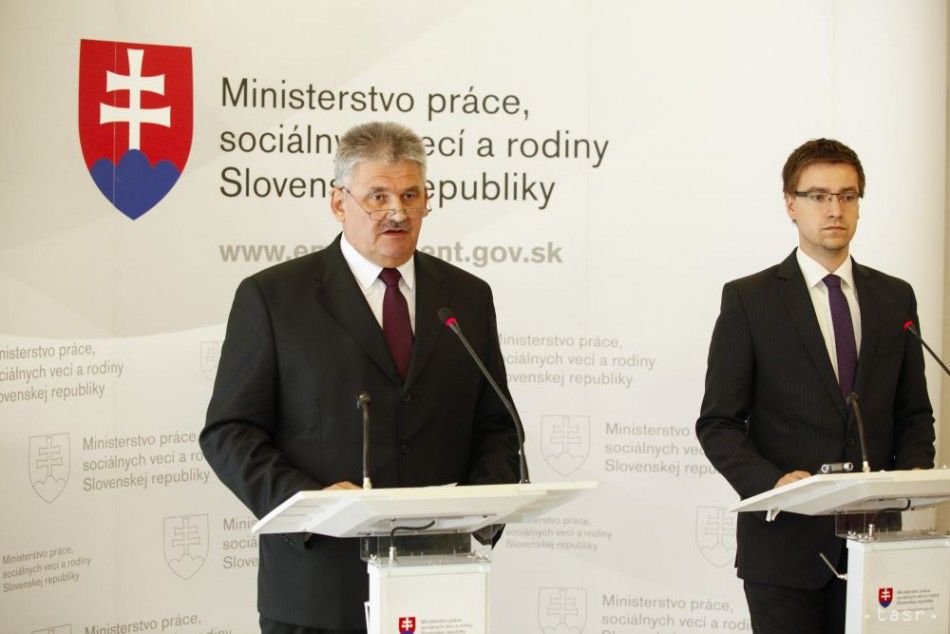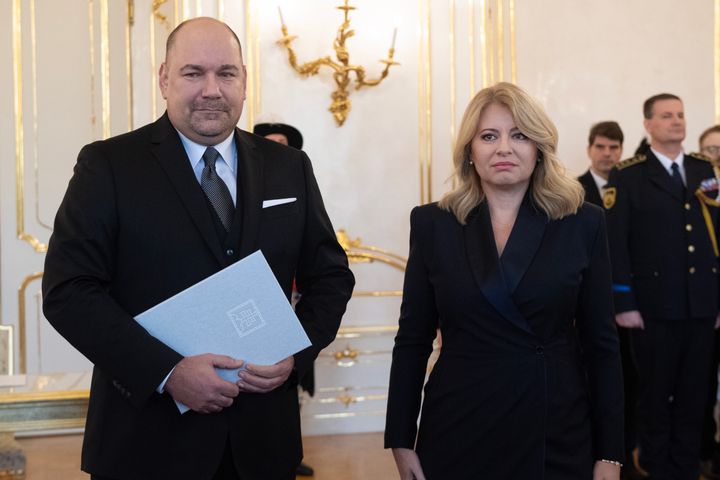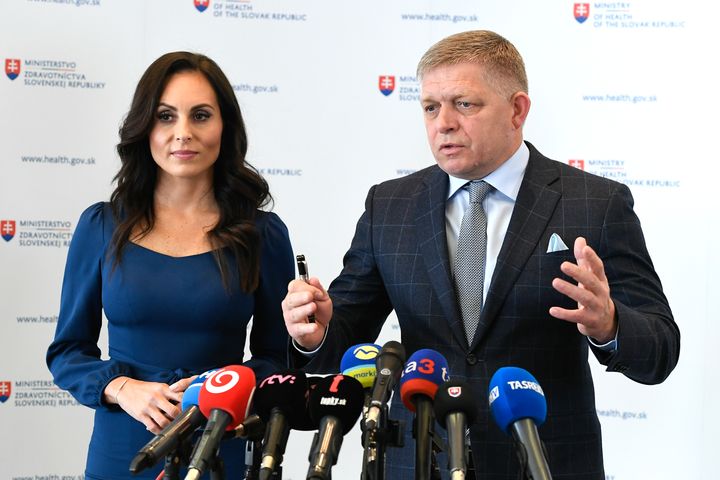Labour Ministry Submits 3 Options for Bonus Changes to Social Partners

Bratislava, December 21 (TASR) – The social partners are seeking a compromise for increasing work bonuses along with the Labour Ministry and coalition MPs for Smer-SD, said Labour, Social Affairs and the Family Minister Jan Richter (Smer-SD) at a press conference on Thursday.
Following the meeting at the ministry, Richter submitted three potential solutions to representatives of employers and employees. These mainly oppose increasing individual bonuses by certain percentages.
Proposals to increase bonuses for night and holiday work, as well as the introduction of bonuses for weekend work are part of an amendment to the Labour Code submitted to Parliament by three Smer-SD MPs: Martin Glvac, Jan Podmanicky and Lubomir Petrak. The social partners mainly expressed objections to the percentage by which individual bonuses should be increased. “The main stance of the social partners is that nobody has questioned the law as such. They were interested in offering their own visions for compromises instead. They had a differing opinion on the percentage of bonuses for night, holiday and weekend work,” said Richter.
According to the amendment, bonuses for night work should increase from 20 percent to 50 percent of the minimum wage as of May 2018. Bonuses for holiday work should go up from 50 percent of an employee’s average salary to 100 percent. Bonuses for weekend work should be introduced as well, amounting to at least 100 percent of the minimum wage. “While we suggest increasing bonuses for night work to 50 percent, the proposals of the social partners fluctuated around 30 percent. They suggested bonuses for holiday work of 60 percent, and there was a similar opinion about weekend bonuses,” stated Richter.
Therefore, the ministry along with the amendment’s submitters offered three alternatives for compromises. “We’re ready to seek compromises for night-work bonuses. “The Labour Code currently distinguishes between ordinary overtime and high-risk overtime. I indicated a potential compromise variant in distinguishing between bonuses for them,” said Richter. He also pointed to an option for the social partners to seek other solutions for night-work bonuses than the one offered by the Labour Code through the collective agreements of individual companies. In particular, they might be lower than those stipulated by the Labour Code. This might be a solution, for example, for bakers or those working in jobs that are mostly carried out during the third (night) shift.
There is still a possibility to seek compromises in the case of bonuses for weekend work; however, the ministry insists on a 100-percent bonus in the case of holiday work. “It’s definitive and unalterable,” said Richter.
The third alternative is dividing the effect of the amendment. It should take effect as of May, 2018, but the submitters are ready to discuss with the ministry, for example, increasing bonuses by half the agreed amount as of that date, with the remainder possibly coming into effect as of January 1, 2019.
The social partners have also requested revising the levy burden within bonuses. Richter promised them that he will discuss these proposals with the Finance and Health Ministries.
The tripartite will again deal with a proposal for bonus increases in a month. The social partners have until January 12, 2018 to state their written comments on submitted alternatives. Subsequently, the definitive solution should be adopted before the amendment is submitted to Parliament.



